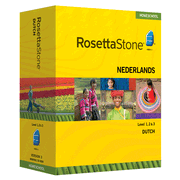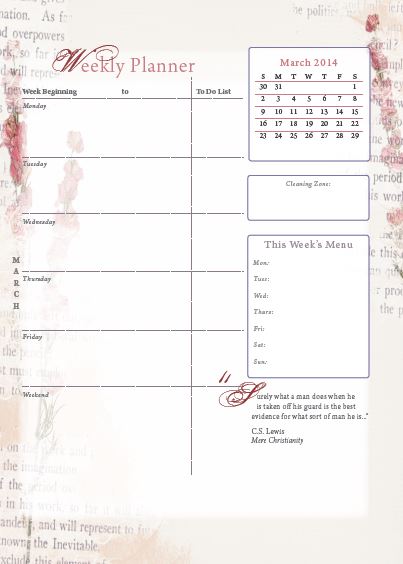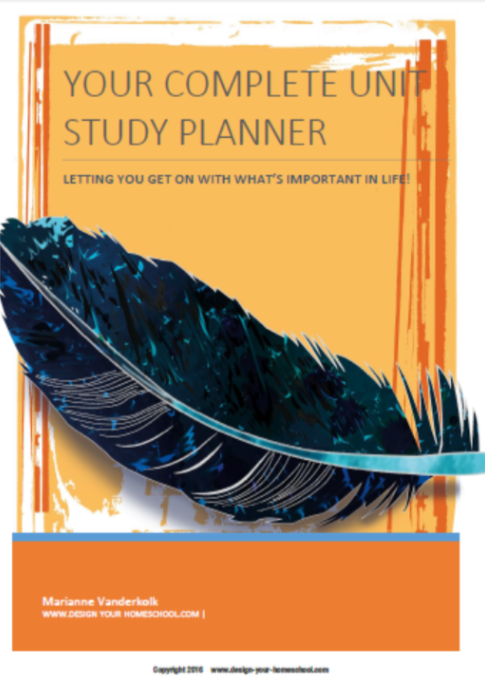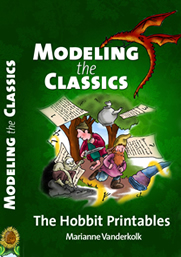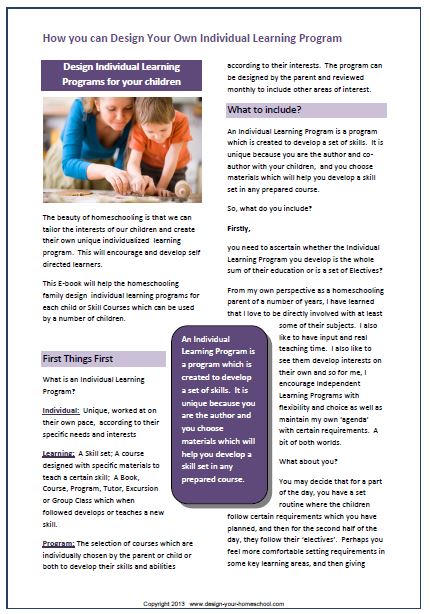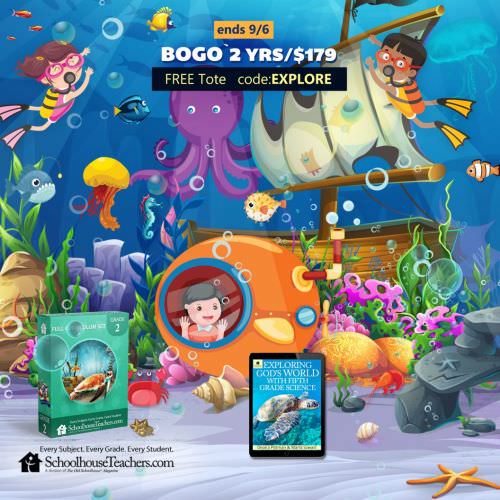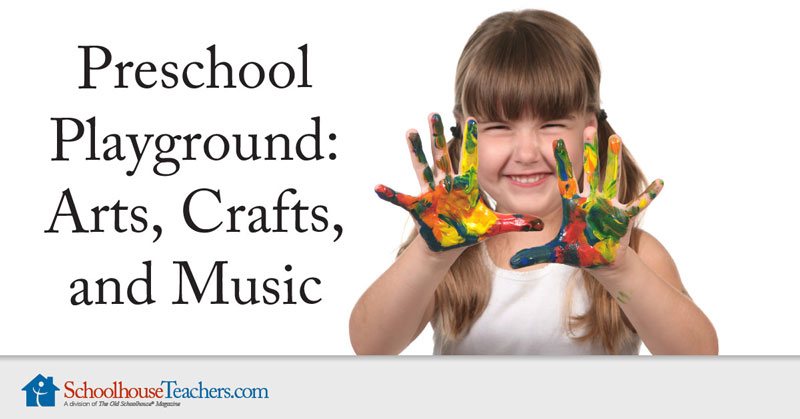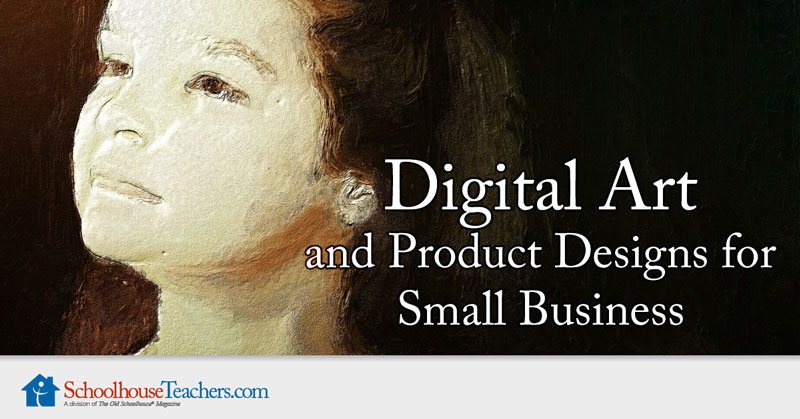How to learn any Language - Foreign Language Studies
How to learn any language?
As a part of your homeschooling curriculum, you may wish to teach a foreign language and wonder what would work best.
In order to teach your child how to learn any language, you will need to know:
What Language you want to teach
This may be a family cultural heritage decision. You may choose to teach the language of your parents/grandparents and heritage. Alternatively, you may choose to teach a language such as Latin or Greek since so many of our English words have their roots in these languages.
Is this Language a Spoken Language?
Some languages such as Latin or Koine Greek - are no longer spoken languages but are worth learning for other reasons (vocabulary, medical terminology, logical reasoning, bases for further language studies, reading the Biblical texts). If it is not a current language, the emphasis does not need to be focussed on pronunciation or day-to-day conversational language.
The different approaches to learning a Language
A deductive approach to learning a language is mostly associated with learning the grammar rules of the language, vocabulary words, and applying it in a step by step approach. Some people prefer this approach when trying to understand the framework of a language.
The inductive approach to learning a language is where meaning and grammar are induced from careful exposure to the language in various situations. Rosetta Stone, for example, uses the inductive approach where you are immersed into the foreign language. Words and conversational phrases are taught in context and grammar comes second.
Cost of Language Courses
The cost of how to learn any language can vary greatly. I have used inexpensive books which include grammar, vocabulary, reading exercises, paper and pen activities, as well as expensive CD / DVD based programs with online helps.
There are also wonderful apps to help you learn a language. Many families use Duolingo.
Methodology of the Language Course
Language Courses can be varied and the sophistication of the course often correlates to the price tag. They can include CDs, DVDs, online components, or just plain books. Using and making vocabulary flashcards is an important inclusion on how to learn any language.
There are some Latin programs which are on DVD plus workbooks; Online programs which are now available on your iphone, ipad etc; CD programs; and book courses - including a manual and grammar texts. It is great to find something you can read in the language you are learning - such as a newspaper, or children's book, even the Bible in the foreign language.
Learning a Language can be a rewarding experience. In order to be successful in learning a language, you must be prepared to work hard at it for a number of years consistently.
Check out the links to these foreign language learning programs:
Modern Languages/ Latin/ Greek/ Vocabulary Programs
- Rosetta Stone Although expensive, this is my absolute favourite for all modern languages courses.
|
Rosetta Stone Rosetta Stone's interactive, immersion-method course has helped thousands of students to easily master a new language. Vivid imagery, native voices, and real-life exercises foster speaking, understanding, reading and writing intuitively from the first exercise to the last, while speech recognition technology provides instant feedback and improved pronunciation. Grammar and spelling components build comprehensive skills, while real-life simulated conversations test fluency. |
Learning Latin
Want to laugh as you learn latin? Visual Latin is amazing and we have loved using this! Seriously, anything with Dwane Thomas is made entertaining!
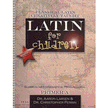 |
Latin For Children, Primer A Text Latin for Children Primer A is an engaging, incremental and creative text designed for students as young as 3rd grade. It contains clear explanations, illustrations, exercises, tests and a useful reference section. It also contains a wealth of mnemonic aids (songs, chants) to assist mastery of vocabulary and grammar. This primer features a crisp, classical look that is professionally designed. Version 3.4. |
- Latina Christiana - this was our first Latin text; a great introduction; now available with pronunciation CDs and instructional DVDs
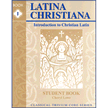 |
Latina Christiana 1: Introduction to Christian Latin, Student Book A beginner course for all ages, but designed for students as young as 3rd grade. Vocabulary, systematic grammar, exercises, and Latin sayings are featured in each lesson. Also included are prayers, songs, history lessons, and games which add interest and motivation. This one year course is designed for parents and teachers with no Latin background. |
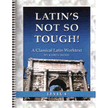 |
Latin's Not So Tough! Level 4 Workbook Languages need constant practice in order to "stick." This worktext provides the lessons for "Latin's Not So Tough" Level 4; word-bank, fill-in-the-blank, conjugation, translation, and definition exercises are all provided, helping children learn both the grammar and vocabulary of Latin. Lessons cover principle parts, the first through the fifth declension and conjugation, new vocabulary, principle parts of verbs, macrons, syllables, and accents, the ablative of accompaniment, and more. 195 pages, spiralbound. Sheets of flashcards (which the parent will need to cut out) are included in the back. |
Learning Greek
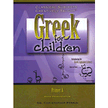 |
Greek for Children Primer A Introduce children to the basics of Koine Greek with Greek for Children Primer A! Engaging and understandable, 32 weekly chapters feature a memory page with chant and vocabulary; grammar lessons; a worksheet; and quiz. Audio pronunciations are available on the publisher's website. Give students a second language while helping them to further understanding the structure of English-and be able to read the New Testament in its original language! 289 non-reproducible pages, softcover. |
Vocabulary Lessons
Some people like to learn Latin and Greek Roots and the importance of these languages in English today and prefer to use a program such as Teaching English from the Roots Up, Vocabulary from the Classical Roots, Wordly Wise or play the game, Rummy Roots.
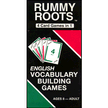 |
Rummy Roots: English Vocabulary Building Game Ages 8 to Adult What do you get when you combine Greek roots tele (far away) and skopeo (to look at)? "Telescope," a device that allows us to "look at things far away"! Fun and fast-paced, this challenging card game is a great way to build vocabulary, word comprehension, and alphabetical skills by exploring the Greek and Latin roots of our English language. Includes 90 cards: 27 Greek, 15 Latin, 42 English, 4 Stump, and 2 Bonus. Ages 8 to adult. |
